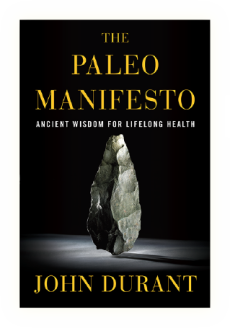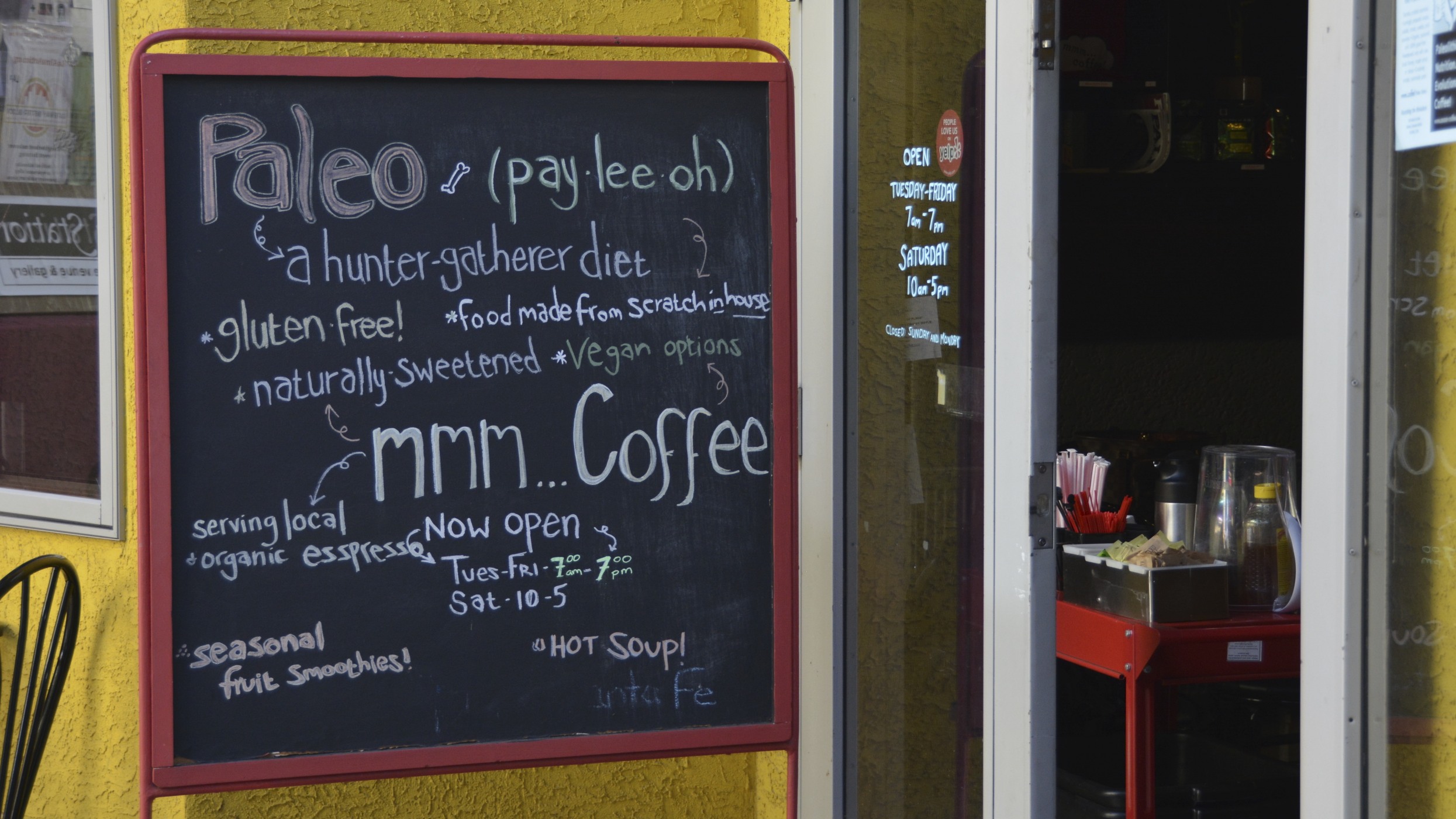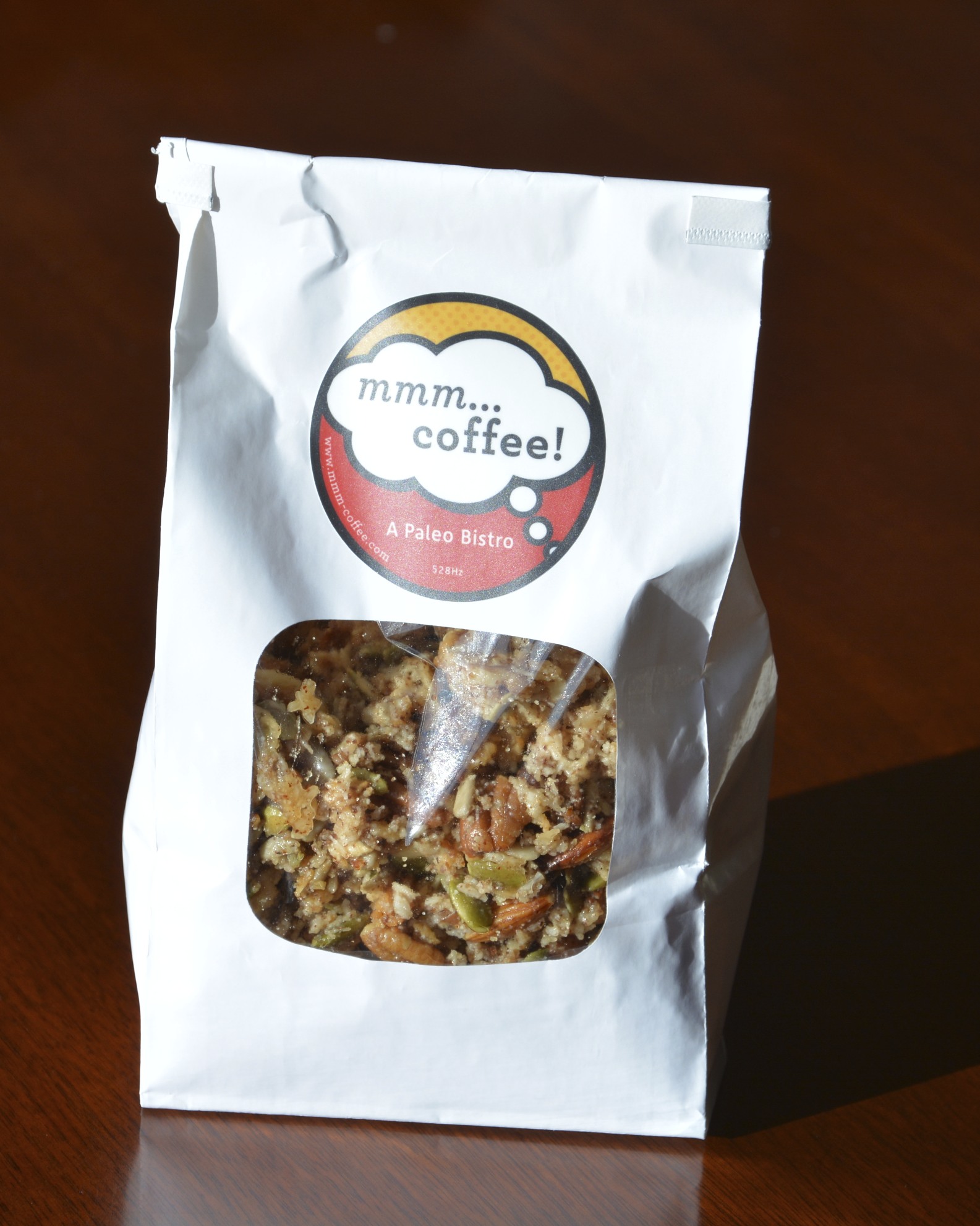John Durant: Early agriculturalists adapted to pathogens
 Sunday, October 20, 2013 at 02:19PM
Sunday, October 20, 2013 at 02:19PM  John Durant's recently published book, The Paleo Manifesto, is excellent. Not a Paleo guide per se, but a wide-ranging look at the anthropology, history, and physiology underlining the Paleo approach to health. Transitioning from a hunter-gatherer lifestyle to farming was hard on human health. Durant on how humankind adapted:
John Durant's recently published book, The Paleo Manifesto, is excellent. Not a Paleo guide per se, but a wide-ranging look at the anthropology, history, and physiology underlining the Paleo approach to health. Transitioning from a hunter-gatherer lifestyle to farming was hard on human health. Durant on how humankind adapted:
Whether or not early agriculturalists realized it, many ancient cultural practices were adaptations against pathogens. For example, spices have antimicrobial properties, which made them a healthy addition to food in an era before refrigeration. It is not a coincidence that equatorial ethnic cuisines are particularly spicy (food spoils faster in hot climates) and recipes for meat dishes tend to call for more spices than do vegetables dishes (meat spoils faster than plants). Water in early cities was often filthy, which helps explain the emergence of sterile alternatives such as wine (microbes can’t survive in alcohol) and hot tea (boiling kills microbes). Early people didn’t know that invisible bacteria were causing cavities, but many still ended up using “toothbrushes” – wooden chewing sticks containing a natural antiseptic or treated with one.
 The Paleo Manifesto,
The Paleo Manifesto,  bacteria,
bacteria,  microbes,
microbes,  spices,
spices,  tea,
tea,  wine in
wine in  Anthropology
Anthropology 





